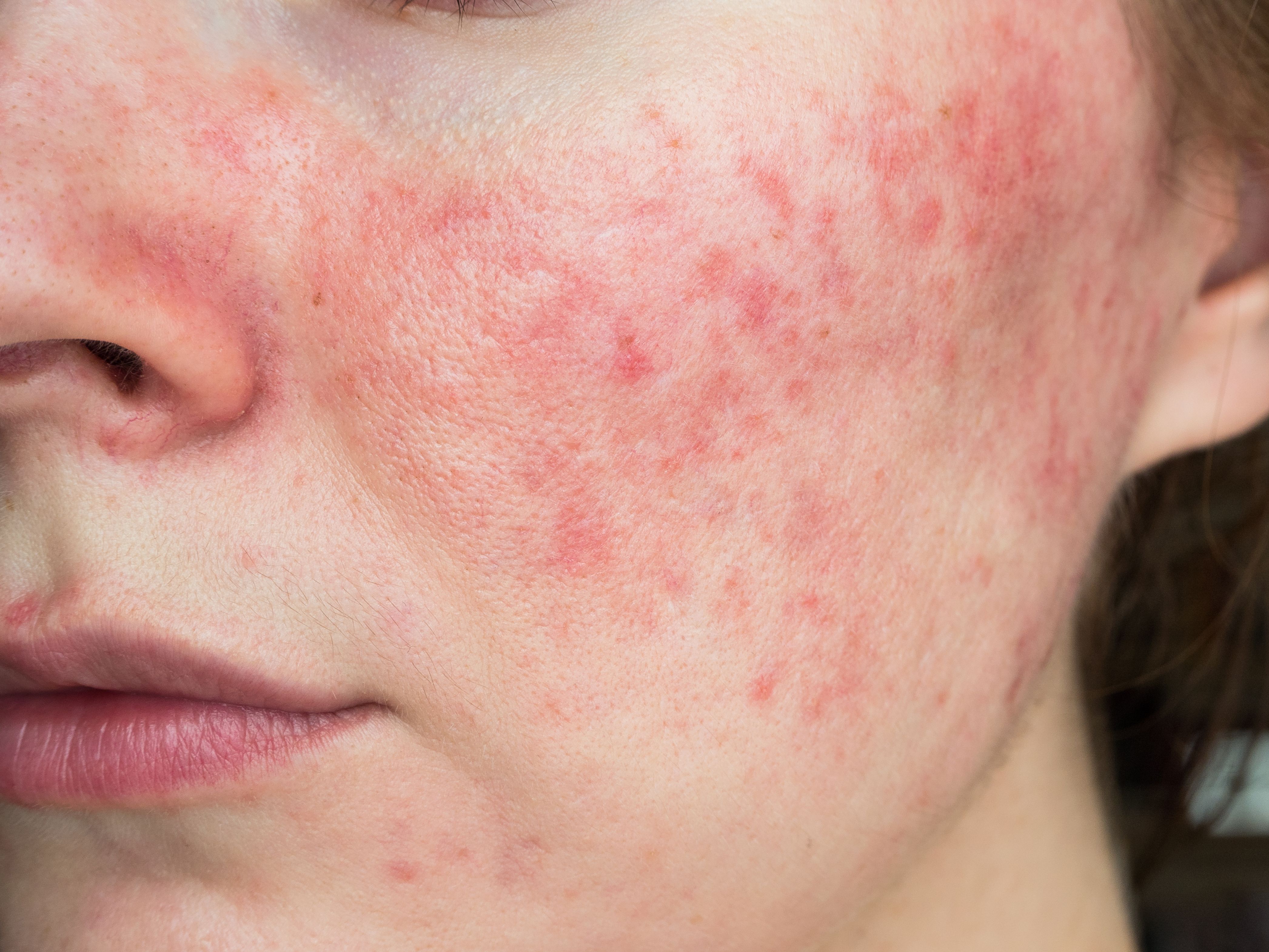- Acne
- Actinic Keratosis
- Aesthetics
- Alopecia
- Atopic Dermatitis
- Buy-and-Bill
- COVID-19
- Case-Based Roundtable
- Chronic Hand Eczema
- Chronic Spontaneous Urticaria
- Drug Watch
- Eczema
- General Dermatology
- Hidradenitis Suppurativa
- Melasma
- NP and PA
- Pediatric Dermatology
- Pigmentary Disorders
- Practice Management
- Precision Medicine and Biologics
- Prurigo Nodularis
- Psoriasis
- Psoriatic Arthritis
- Rare Disease
- Rosacea
- Skin Cancer
- Vitiligo
- Wound Care
News
Article
Skin Disease and Stigmatization Associated With Decreased Quality of Life
Author(s):
A recent study found that in Europe, approximately 1 in 5 individuals with chronic skin disease felt that they were looked at by others with disgust.
Shauerman/Adobe Stock

It is known that chronic skin conditions, including psoriasis and atopic dermatitis, can affect people’s social and personal lives. The risk of developing mental health conditions, such as depression and anxiety, increases with skin conditions. But most of the data on these problems have come from people who have sought clinical treatment or consultation. Those who have not approached the health care system regarding a potential skin disease have been left out.
As part of the European Academy of Dermatology and Venerology (EADV) The Burden of Skin Diseases in Europe project, Paolo Gisondi, MD, associate professor of dermatology and venereology at the University of Verona, and colleagues conducted a cross-sectional study surveying adults in the general population across 27 European countries. The survey included 19,015 participants who reported at least one skin problem or disorder during the previous 12 months. The survey took place from November 10, 2020, to August 5, 2021. The results were published in the Journal of the European Academy of Dermatology and Venereology earlier this month.
The purpose of the study was to evaluate the burden on quality of life, work life, and stigmatization of common dermatological conditions, including atopic dermatitis and vitiligo, in adults across the general population of Europe. Using an online web-based survey, participants completed the Dermatology Life Quality Index (DLQI), in which higher scores indicated a worse quality of life.
About 40% of patients with atopic dermatitis, psoriasis, or skin cancers felt their condition had a modest to extremely large effect on their quality of life, and about half of those with alopecia, acne, or chronic urticaria reported the same. A majority of participants considered their skin disorders to be embarrassing in their personal lives (88%) and at work (83%). In the questions regarding stigmatization, 14.5% of participants felt they were rejected by others because of their skin condition, 19.2% felt they were looked at with disgust, and 10.8% reported that access to leisure facilities had been denied to them due to their condition.
Participants with acne or urticaria reported the highest levels of work life impairment (47.5% and 59.7%, respectively). High percentages of individuals with acne (38.2%) and vitiligo (40.4%) reported feeling stigmatized via feelings of disgust from others. Respondents with all skin conditions reported anxiety and depression, and about half of all participants expressed difficulty sleeping.
Gisondi and his colleagues noted that a significant number of participants in the study reported having disruptions in their work life due to their skin disorder. These included changing their professional activity, refusing a professional offer, or being declined from a position they wanted. The researchers highlighted this as an example of what is known as Cumulative Life Course Impairment, in which a chronic disease influences an individual’s life course.
In their conclusion, the writers emphasize the importance of addressing the burdens skin conditions place on patients’ work and personal lives: “our study highlights the psychosocial burden experienced by people with skin diseases, and the need to address their impact on quality of life and stigmatization in the context of patient management. In particular, the impact on work life highlights the need of an early intervention, in order to avoid consequences on the patients' life course.”
Reference
- Gisondi P, Puig L, Richard MA, et al. Quality of life and stigmatization in people with skin diseases in Europe: A large survey from the 'burden of skin diseases' EADV project. J Eur Acad Dermatol Venereol. 2023;37 Suppl 7:6-14. doi:10.1111/jdv.18917
[This article was originally published by our sister publication, Managed Healthcare Executive.]
Newsletter
Like what you’re reading? Subscribe to Dermatology Times for weekly updates on therapies, innovations, and real-world practice tips.











